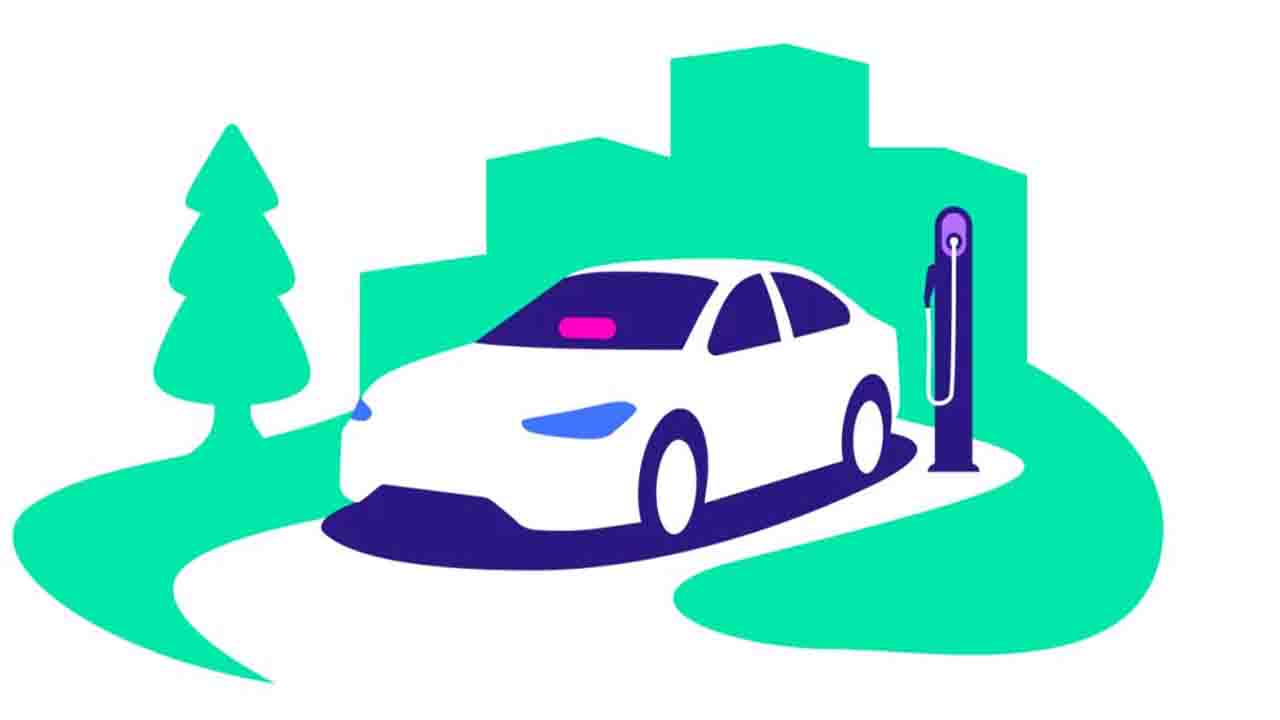(Commonwealth) _ Electric vehicles (EVs) are becoming increasingly important as we strive towards a zero-carbon future. The transportation sector accounts for a significant portion of global carbon emissions, and reducing these emissions is crucial to mitigating the impacts of climate change. EVs offer a promising solution to this problem, as they emit no tailpipe emissions and have significantly lower lifecycle emissions than traditional gasoline-powered vehicles. However, there are several challenges that need to be addressed to accelerate the adoption of EVs and achieve zero-carbon mobility.
One of the biggest challenges facing EV assumption is the availability and accessibility of charging infrastructure. EV drivers need access to charging stations at home, work, and on the road to be able to travel long distances with confidence. While significant progress has been made in deploying charging infrastructure, more investment is needed to build a comprehensive charging network. Governments can play a critical role in accelerating the deployment of charging infrastructure through policies that incentivize private investment in charging stations, such as tax credits, grants, and low-interest loans. Utilities can also play a role in supporting EV adoption by investing in charging infrastructure and offering special rates for EV charging.
Another objection facing EV adoption is the high upfront cost of EVs. Although the cost of EVs has been decreasing in recent years, they still have a higher purchase price than gasoline-powered vehicles. However, the total cost of ownership for an EV is often lower than that of a gasoline-powered vehicle when considering factors such as fuel and maintenance costs. Governments can help make EVs more affordable by offering incentives, such as tax credits and rebates, for purchasing EVs. Additionally, automakers can help make EVs more affordable by investing in research and development to reduce the cost of battery technology, which is currently the most expensive component of an EV.
Battery range and charging time are also important factors that affect the adoption of EVs. Many consumers are hesitant to switch to EVs because of concerns about range anxiety and the time it takes to charge an EV. While the range of EVs has been increasing, and most EVs can travel over 200 miles on a single charge, charging time is still an issue. However, new technologies such as fast charging and wireless charging are being developed that could significantly reduce charging times and make EVs more convenient for consumers.
Another important factor affecting EV adoption is consumer education and awareness. Many consumers are not familiar with the benefits of EVs, and misconceptions about EVs, such as concerns about battery life and range, can be a barrier to adoption. Governments, automakers, and utilities can help educate consumers about the benefits of EVs through public awareness campaigns and outreach programs. Additionally, incentivizing EV test drives and offering educational resources such as EV charging tutorials can help consumers become more comfortable with the technology.
Finally, the affecting of EVs is closely tied to the availability of renewable energy. While EVs have significantly lower lifecycle emissions than traditional gasoline-powered vehicles, their emissions depend on the source of electricity used to charge them. To achieve zero-carbon mobility, we need to transition to renewable energy sources such as solar and wind power. Governments can help accelerate the transition to renewable energy by offering incentives for the deployment of renewable energy infrastructure and supporting research and development in renewable energy technologies.
In conclusion, EVs are key to achieving zero-carbon mobility and reducing the carbon emissions of the transportation sector. However, several challenges need to be addressed to accelerate the adoption of EVs, including the availability and accessibility of charging infrastructure, the high upfront cost of EVs, battery range and charging time, consumer education and awareness, and the availability of renewable energy. Governments, automakers, utilities, and consumers all have a role to play in addressing these challenges and accelerating the adoption of EVs.








